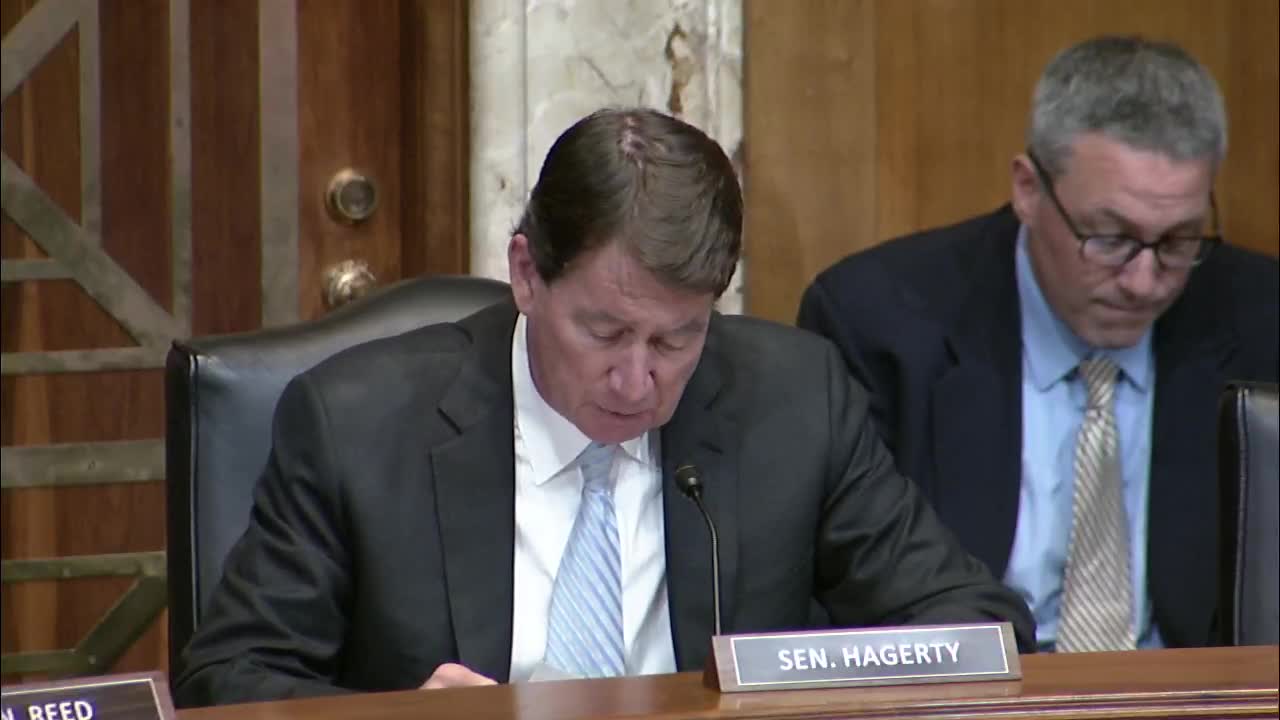
This article was created by AI using a video recording of the meeting. It summarizes the key points discussed, but for full details and context, please refer to the video of the full meeting. Link to Full Meeting
The proposed budget requests a total of $600 million for the SBA, which is expected to support a massive lending portfolio. This includes an estimated $72 billion in guaranteed business loans, aimed at backing over 50,000 loans through private lenders. Additionally, the SBA's 504 loan program will provide $16 billion focused on real estate and equipment, while the small business investment company program is set to support $6 billion in private investment capital.
However, the hearing also revealed concerns regarding the potential impact of proposed budget cuts. Some senators expressed alarm over a suggested 30% reduction in SBA funding, which would eliminate nearly all training, counseling, and mentorship programs that are vital for small business growth. This includes the proposed elimination of the SBA veterans outreach program, which supports veteran entrepreneurs. Lawmakers emphasized the importance of these programs, particularly for veterans who possess unique leadership skills and are well-suited to become small business owners.
The discussion also touched on the challenges small businesses face due to the current tariff regime, which has raised costs and created uncertainty. For instance, a local coffee roaster in Rhode Island reported that tariffs could increase their costs by $400,000 this year, a significant burden for a small business.
As the SBA prepares to navigate these challenges, Administrator Loeffler, who has a strong background in business, is expected to apply her experience to ensure the agency operates efficiently and effectively. The hearing underscored the need for Congress to maintain oversight and support for small businesses, which are essential to the economic fabric of communities across the nation.
In conclusion, the outcomes of this hearing will have lasting implications for small businesses and their ability to thrive in an increasingly competitive environment. As discussions continue, the focus remains on ensuring that the SBA can provide the necessary resources and support to help small businesses succeed and recover from economic disruptions.
Converted from Subcommittee Hearing: A Review of the President’s Fiscal Year 2026 Budget Request for the Small Business Administration meeting on May 21, 2025
Link to Full Meeting
Comments
View full meeting
This article is based on a recent meeting—watch the full video and explore the complete transcript for deeper insights into the discussion.
View full meeting